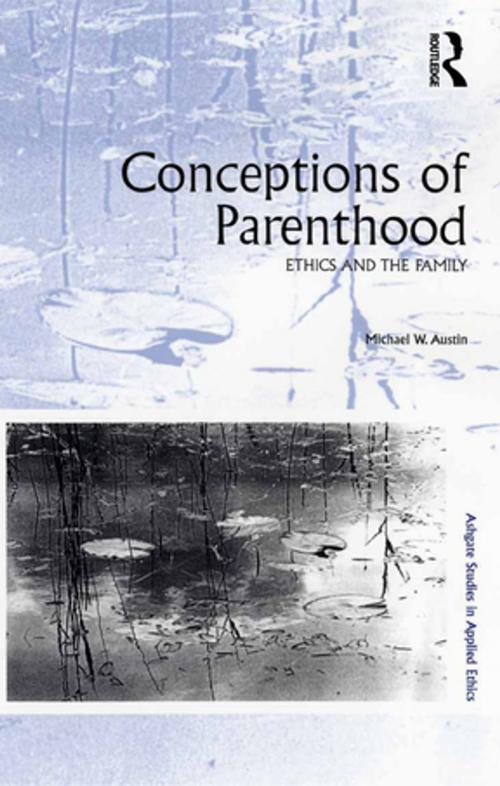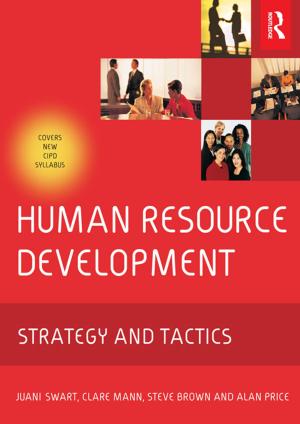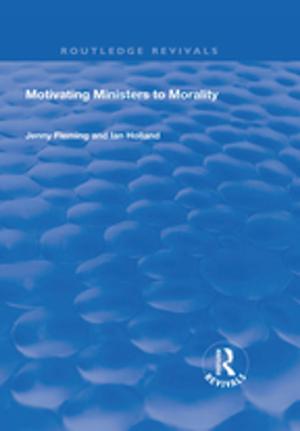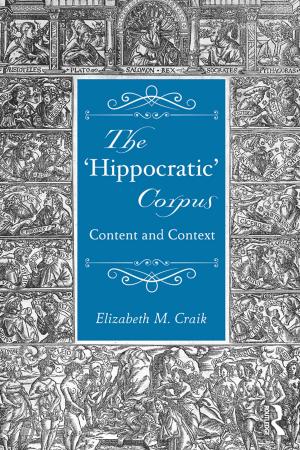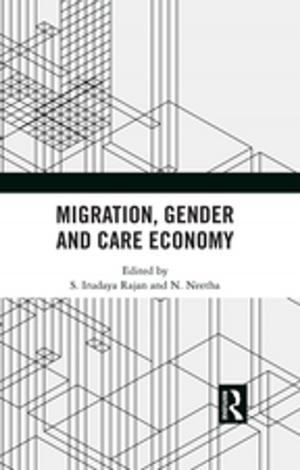| Author: | Michael W. Austin | ISBN: | 9781317162513 |
| Publisher: | Taylor and Francis | Publication: | May 23, 2016 |
| Imprint: | Routledge | Language: | English |
| Author: | Michael W. Austin |
| ISBN: | 9781317162513 |
| Publisher: | Taylor and Francis |
| Publication: | May 23, 2016 |
| Imprint: | Routledge |
| Language: | English |
Our parents often have a significant impact on the content of our beliefs, the values we hold, and the goals we pursue and becoming a parent can also have a similar impact on our lives. In Conceptions of Parenthood Michael Austin provides a rigorous and accessible philosophical analysis of the numerous and distinct conceptions of parenthood. Issues considered are the nature and justification of parental rights, the sources of parental obligations, the value of autonomy, and the moral obligations and tensions present within interpersonal relationships. Austin rejects the 'proprietarian', 'best interests of the child', and 'biological' conceptions of parenthood as failing to generate parental rights and obligations but considers more sympathetically the 'custodial relationship', 'consent', and 'causal' conceptions of parenthood and ultimately defends a 'stewardship' conception. Finally Austin explores the 'stewardship' view for practical and moral questions related to family life and social policy regarding the family, such as the education of children, the religious upbringing of children and state licensing of parents.
Our parents often have a significant impact on the content of our beliefs, the values we hold, and the goals we pursue and becoming a parent can also have a similar impact on our lives. In Conceptions of Parenthood Michael Austin provides a rigorous and accessible philosophical analysis of the numerous and distinct conceptions of parenthood. Issues considered are the nature and justification of parental rights, the sources of parental obligations, the value of autonomy, and the moral obligations and tensions present within interpersonal relationships. Austin rejects the 'proprietarian', 'best interests of the child', and 'biological' conceptions of parenthood as failing to generate parental rights and obligations but considers more sympathetically the 'custodial relationship', 'consent', and 'causal' conceptions of parenthood and ultimately defends a 'stewardship' conception. Finally Austin explores the 'stewardship' view for practical and moral questions related to family life and social policy regarding the family, such as the education of children, the religious upbringing of children and state licensing of parents.
